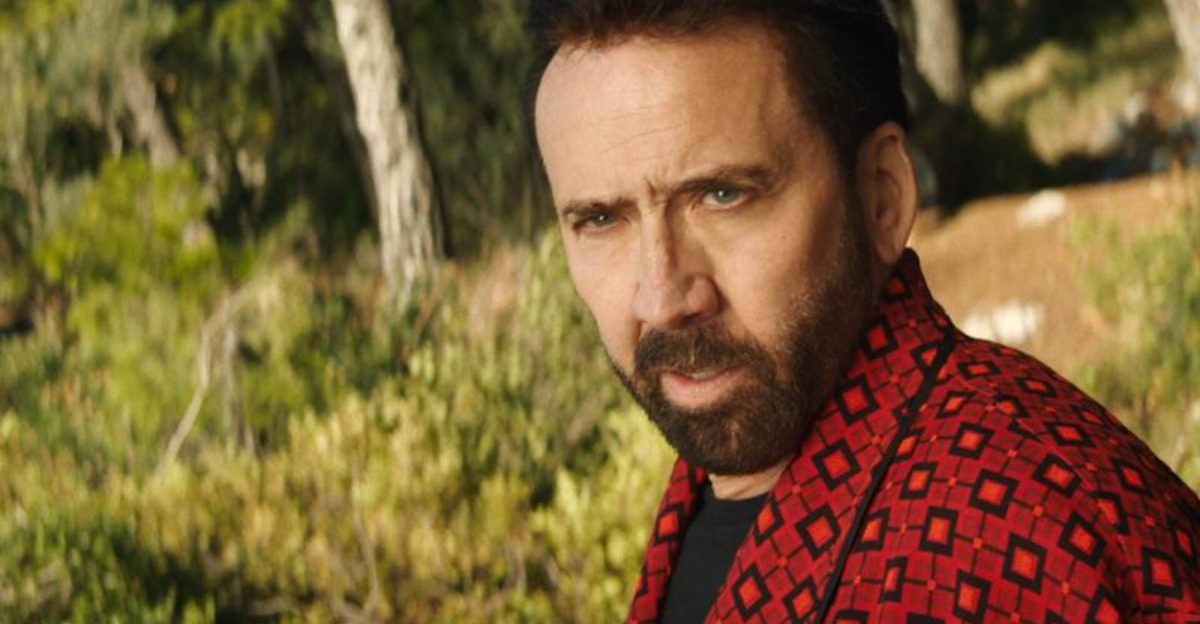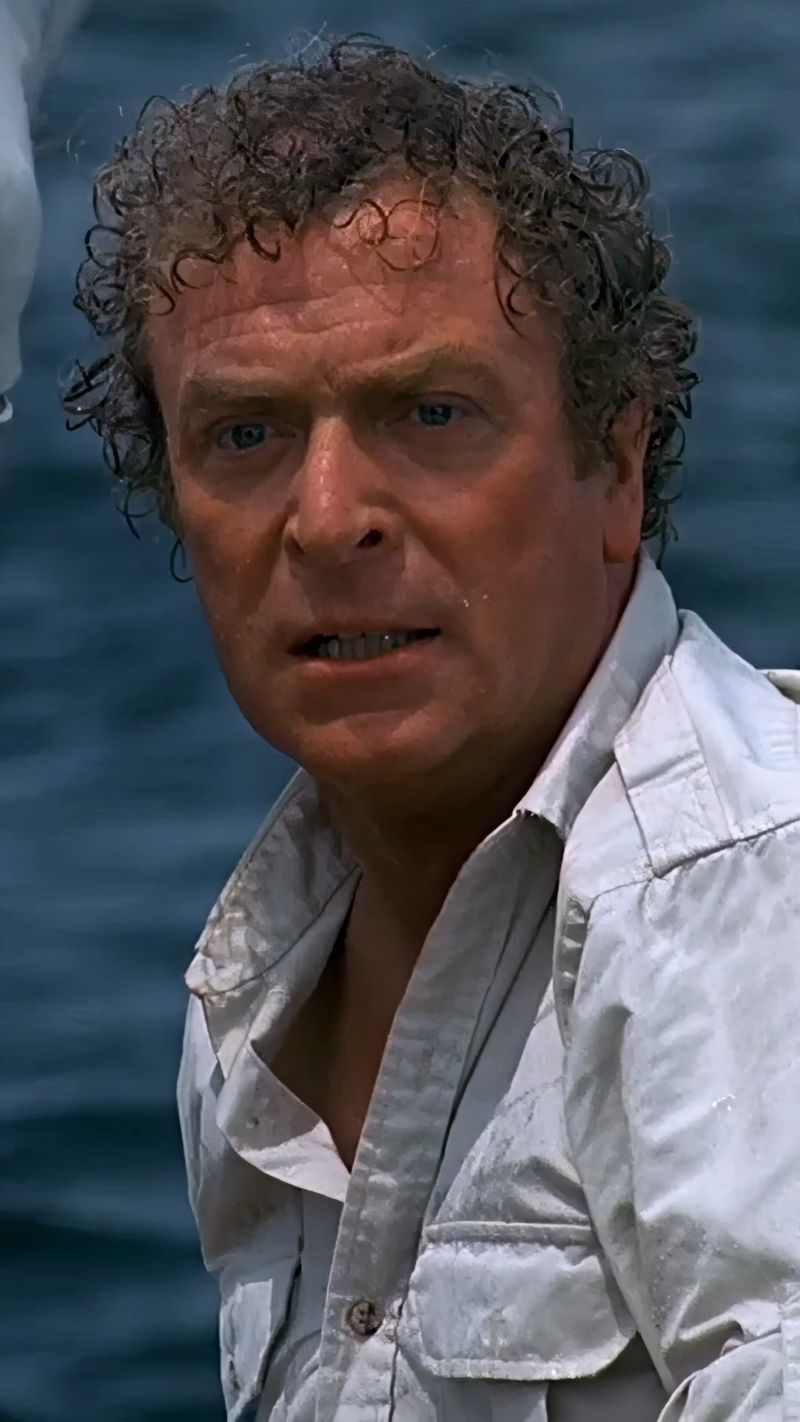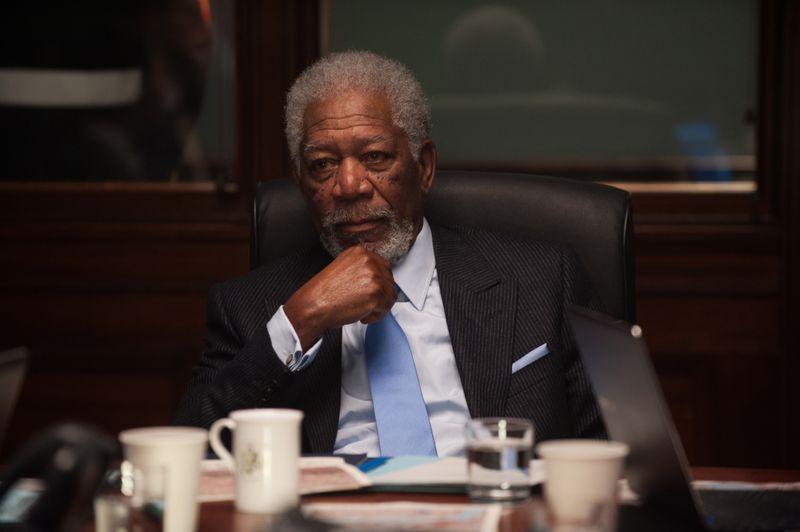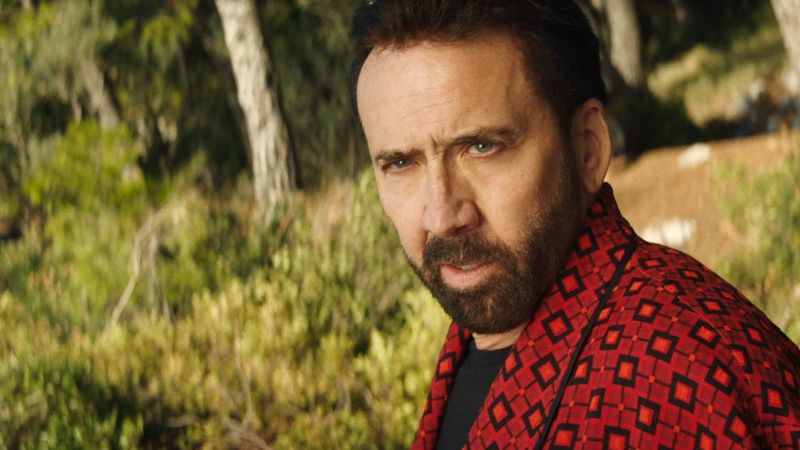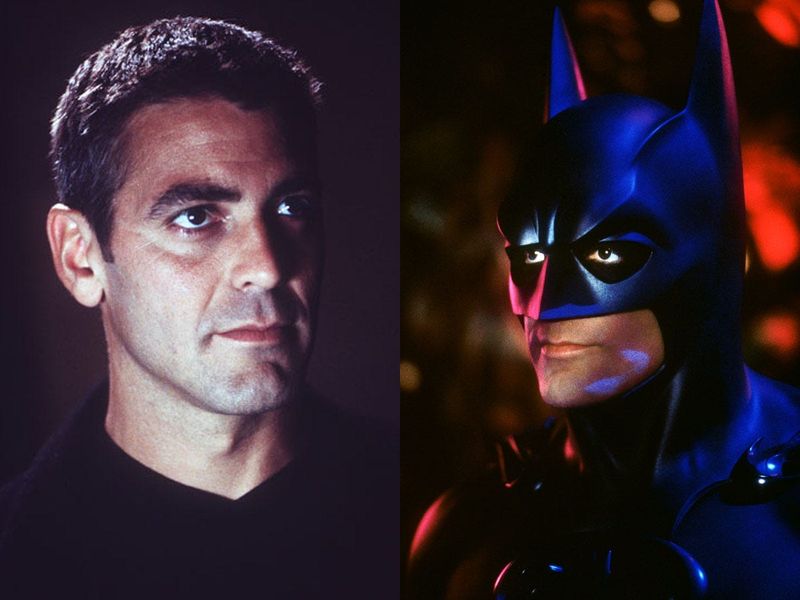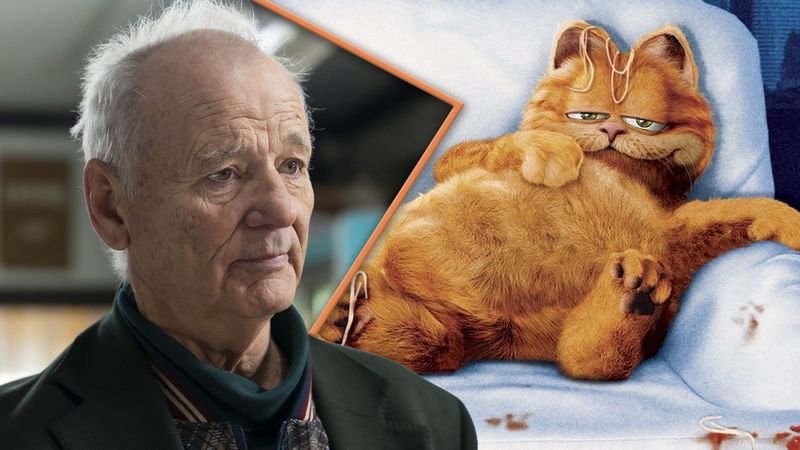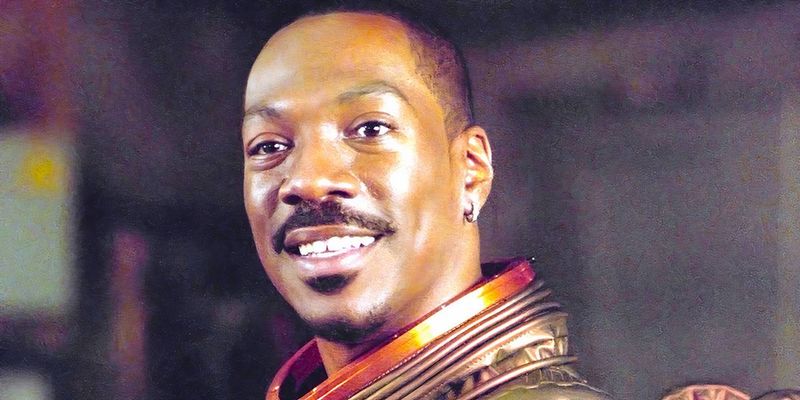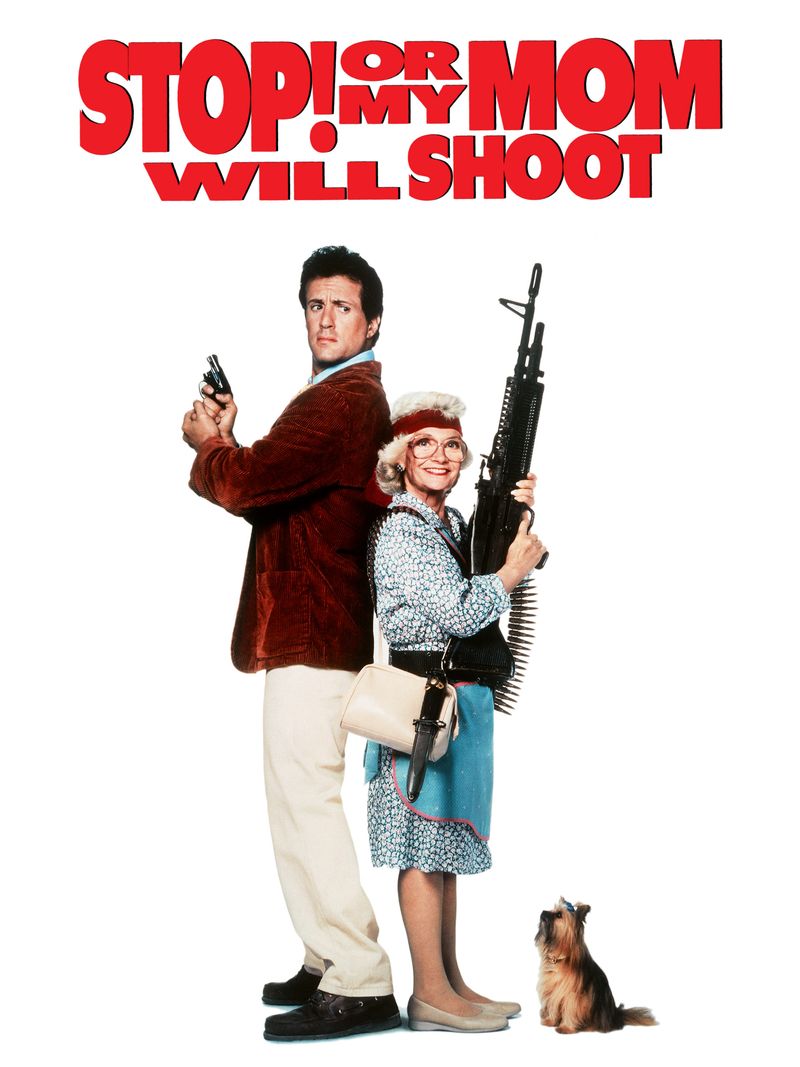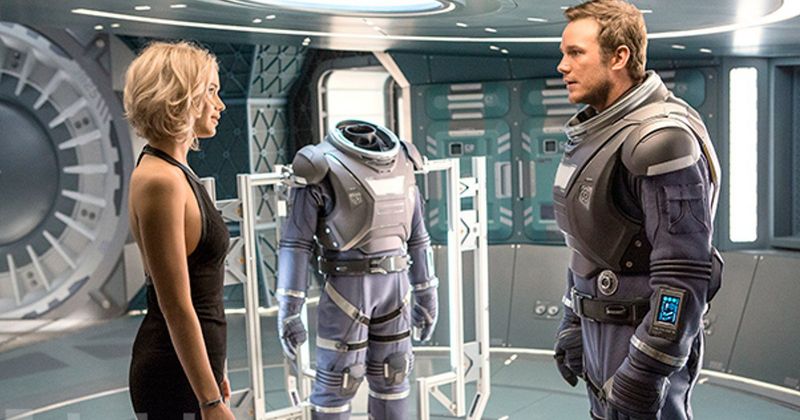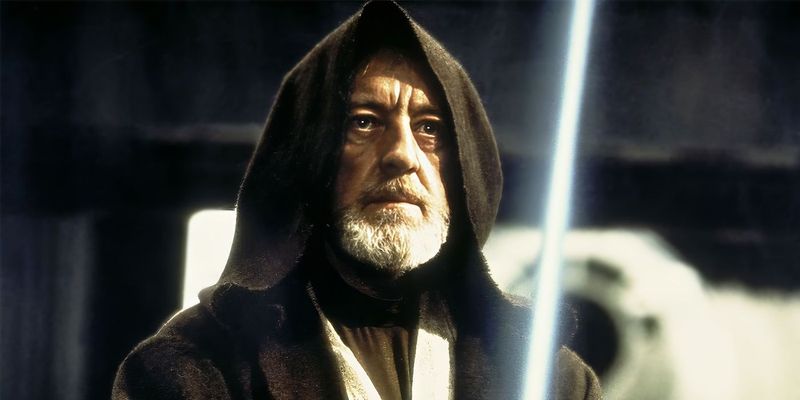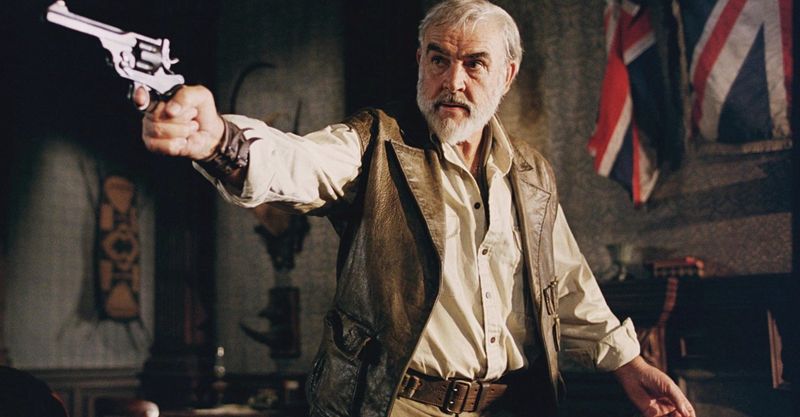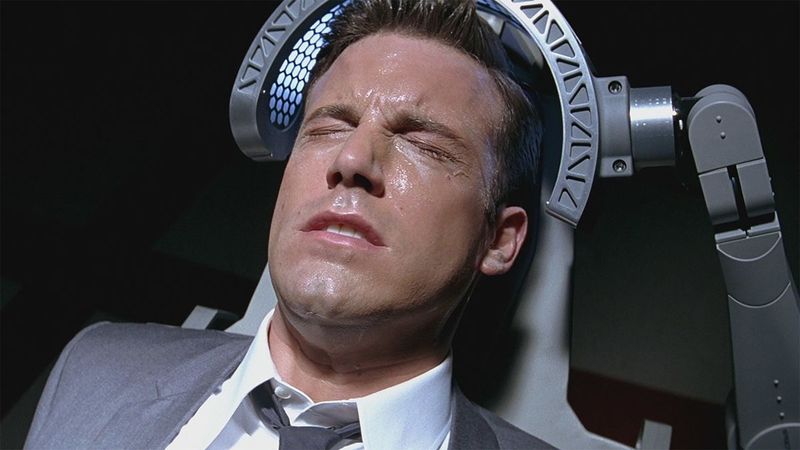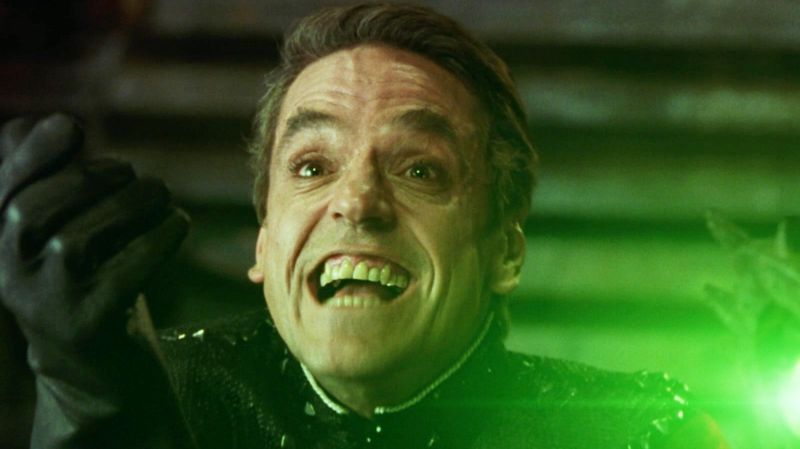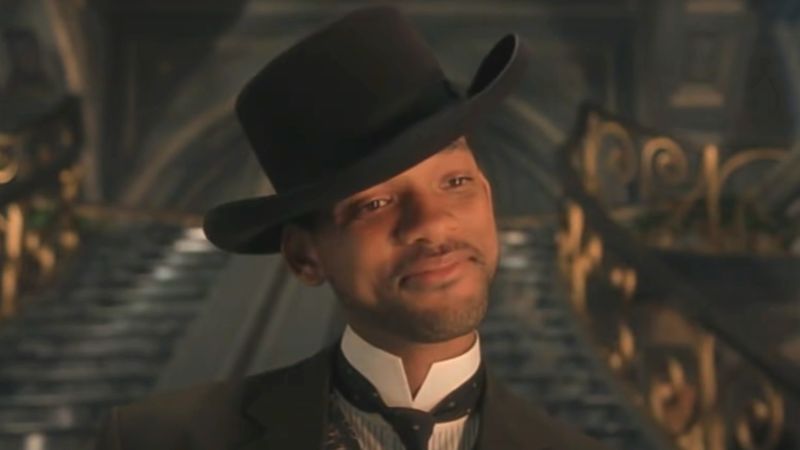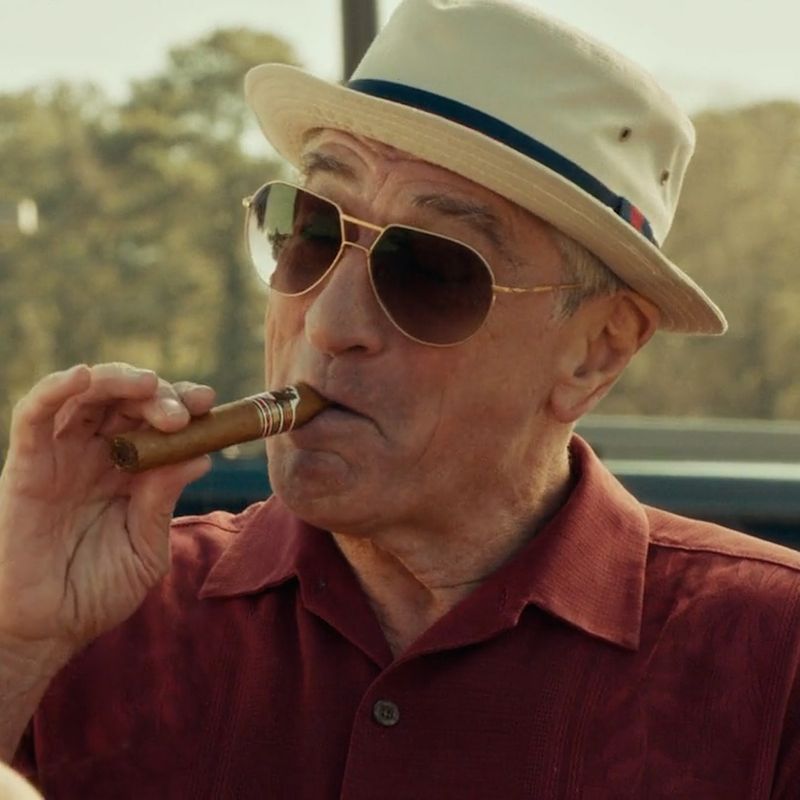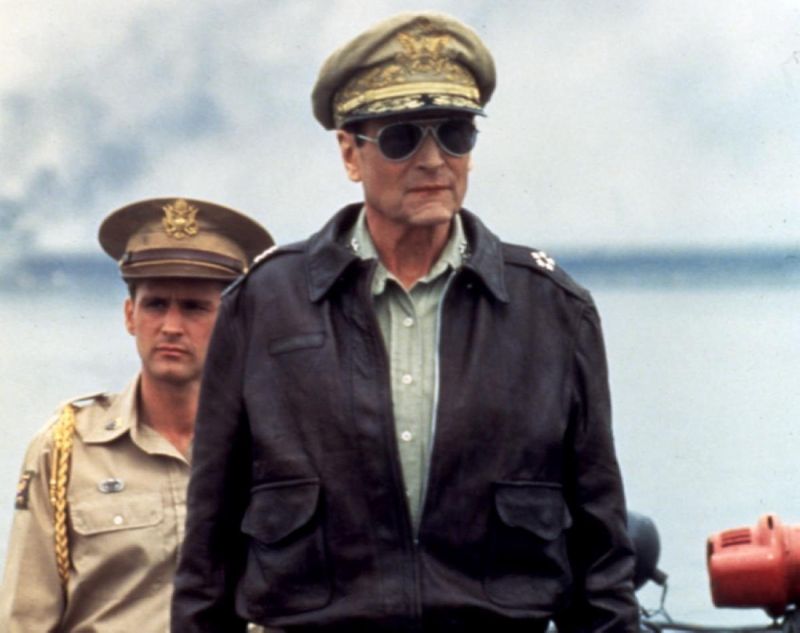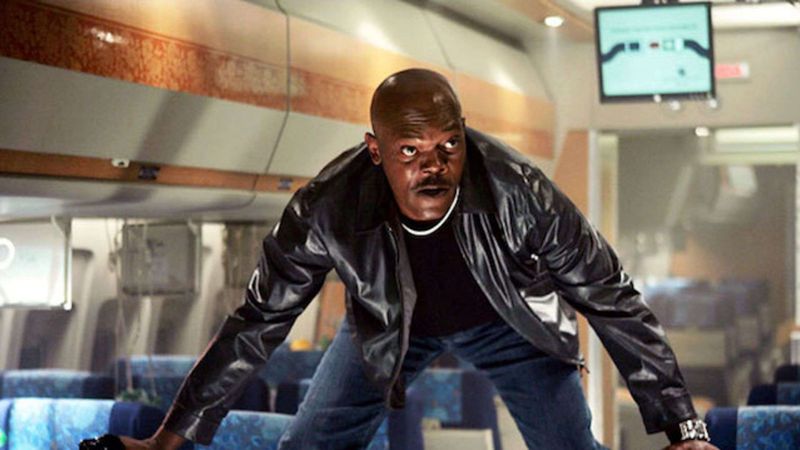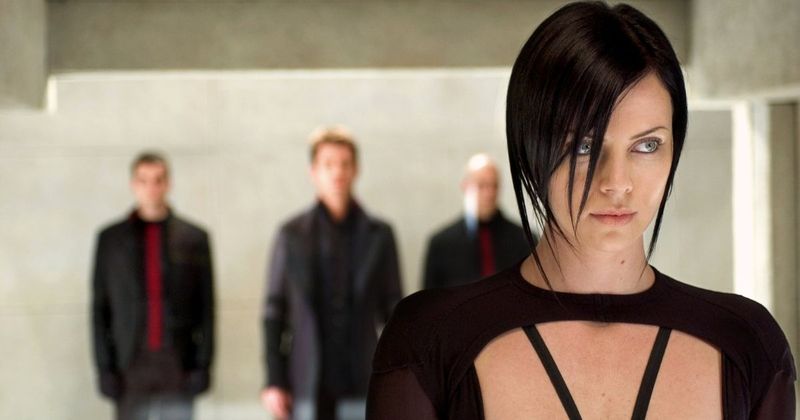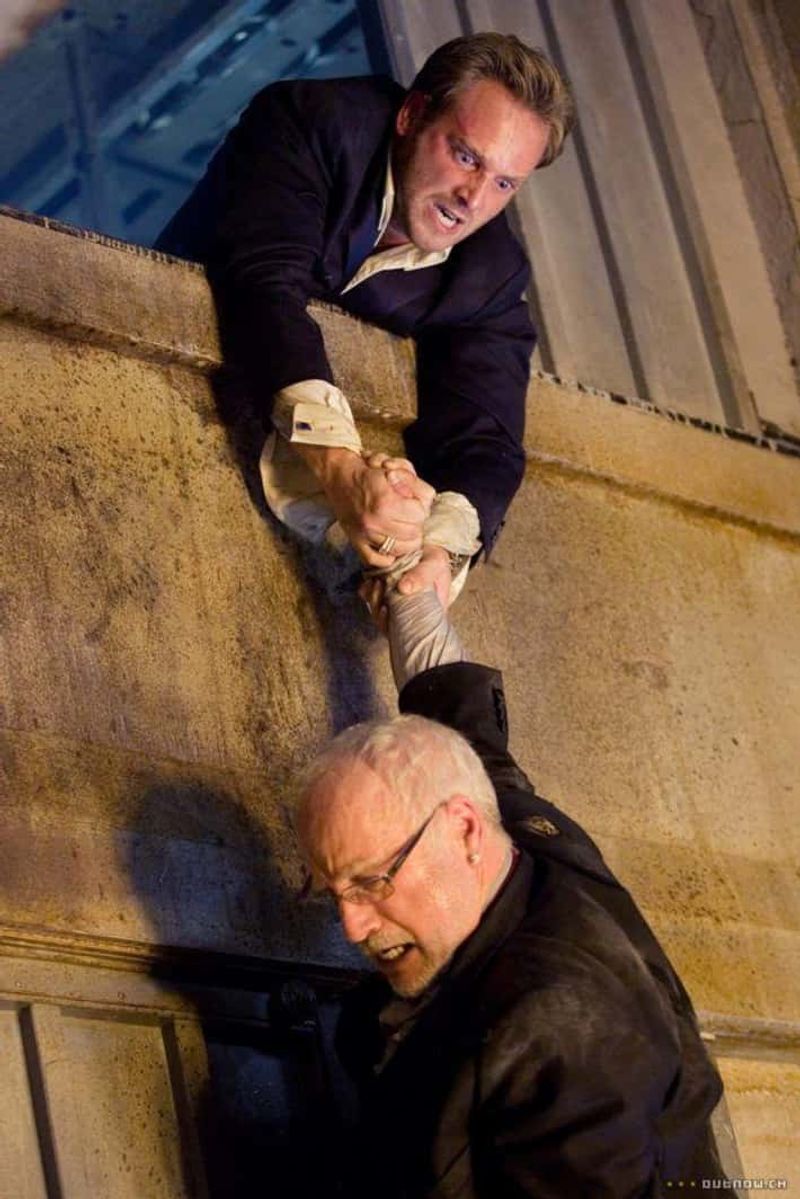Even Hollywood’s biggest stars have bills to pay. While some roles are chosen for art or legacy, others are picked for cold, hard cash. These actors weren’t afraid to admit they phoned it in—or signed on just to cash the check. Here are 20 actors who took roles for the money and lived to tell the tale.
1. Michael Caine – Jaws: The Revenge (1987)
Michael Caine once famously quipped about Jaws: The Revenge, “I have never seen the film. However, I have seen the house that it built, and it is terrific.” In a candid admission, Caine highlighted how the lure of financial security can sometimes overshadow artistic ambition.
The film itself was widely panned, but for Caine, it was merely a means to an end. He has consistently demonstrated a pragmatic approach to his career choices, balancing between critically acclaimed roles and those that promise a financial windfall.
This approach has helped him maintain a versatile and enduring career.
2. Morgan Freeman – London Has Fallen (2016)
Morgan Freeman, known for his commanding voice and presence, took on the role in London Has Fallen largely for the paycheck. He admitted that later action roles requiring little physical effort and maximum screen time were financially motivated.
Despite this, Freeman’s participation lent gravitas to the film, even if it wasn’t one of his finest performances. His openness about taking roles for money reflects an industry reality where even the most respected actors sometimes choose financial security.
Freeman’s candor resonates with audiences, who appreciate his honesty and practical approach to his craft.
3. Bruce Willis – Straight-to-DVD Movies (2010 Onward)
Bruce Willis, a once prolific action star, found himself in numerous straight-to-DVD films from 2010 onward. Battling aphasia, unbeknownst to many, he took on roles mainly for economic reasons.
His team later confirmed that money was a major motivator during this period. This phase of Willis’s career was marked by a rapid succession of low-effort roles, a stark contrast to his earlier blockbuster hits.
Though the quality of these films was often questioned, they served as a testament to Willis’s enduring appeal and his pragmatic approach to balancing personal challenges with professional demands.
4. Nicolas Cage – Direct-to-Video Films
Nicolas Cage’s financial troubles in the 2010s led him to take on almost every role offered, including many direct-to-video films. He openly admitted that he sometimes accepted parts without even reading the scripts.
This period was a rollercoaster of erratic choices, yet it showcased Cage’s unyielding dedication to his craft, albeit driven by economic necessity.
While critics were often harsh, fans appreciated his willingness to embrace diverse and unusual roles, maintaining his reputation as a versatile actor willing to experiment, regardless of the project’s prestige or budget.
5. George Clooney – Batman & Robin (1997)
George Clooney’s experience with Batman & Robin is often recounted with a mixture of humor and regret. Despite the film being a financial success, Clooney has repeatedly disowned the campy disaster, calling it “a waste of money.”
The role was a lucrative opportunity, but it became a lesson in the challenges of balancing artistic integrity with commercial success. Clooney’s candid reflections on this role have provided insight into the pressures actors face when choosing projects.
His willingness to acknowledge this misstep has endeared him to fans, showcasing his humility and self-awareness.
6. Bill Murray – Garfield (2004)
Bill Murray famously took on the voice role of Garfield under a misunderstanding, thinking the script was by Joel Coen of the Coen brothers, not Joel Cohen. Realizing the mix-up too late, he admitted he stayed for the money.
This unexpected decision showcased Murray’s quirky and unpredictable nature, characteristics that have defined much of his career.
Though the film didn’t receive critical acclaim, Murray’s involvement added a layer of intrigue, illustrating how even seasoned actors can find themselves in unexpected situations driven by financial incentives and creative mix-ups.
7. Eddie Murphy – The Adventures of Pluto Nash (2002)
Eddie Murphy’s role in The Adventures of Pluto Nash is often cited as a prime example of a paycheck-driven decision. He described the film as “horrible,” hinting that the $20 million paycheck was a significant factor.
Despite its dismal performance, Murphy’s star power remained untarnished, emphasizing how financial considerations can sometimes outweigh artistic ones.
The film’s failure served as a cautionary tale, but Murphy’s willingness to candidly discuss his motivations offered a refreshing look at the business side of Hollywood, where financial security can sometimes take precedence.
8. Sylvester Stallone – Stop! Or My Mom Will Shoot (1992)
Sylvester Stallone’s involvement in Stop! Or My Mom Will Shoot was driven by a rivalry with Arnold Schwarzenegger. He later learned Schwarzenegger tricked him into taking the role, which Stallone called “maybe one of the worst films in the solar system.”
This humorous anecdote highlights the competitive nature of Hollywood, where even seasoned actors can be swayed by perceived rivalries.
Stallone’s candidness about the film’s shortcomings provides a glimpse into the unpredictable dynamics and personal motivations that can influence career choices in the entertainment industry.
9. Jennifer Lawrence – Passengers (2016)
Jennifer Lawrence took on Passengers primarily for the opportunity to work with Chris Pratt and a lucrative paycheck. She later confessed she felt the script was flawed, sparking discussion about the balance between financial gain and artistic integrity.
Her involvement in the project was a strategic career decision, demonstrating how major stars navigate complex choices in the film industry.
Lawrence’s honesty in discussing her motivations offers fans an insider’s view of Hollywood’s intricate decision-making processes, where collaboration opportunities and financial incentives often weigh heavily alongside artistic considerations.
10. Alec Guinness – Star Wars (1977)
Alec Guinness’s role in Star Wars is iconic, yet he once called the dialogue “rubbish” and admitted he took the role mainly for the money. Despite his reservations, the film’s success became an unexpected highlight of his career.
Guinness’s pragmatic approach to this role highlights the often unpredictable impact of commercial projects on an actor’s legacy.
His candidness about his motivations provides a behind-the-scenes perspective on how financial considerations can sometimes guide choices, even for actors of high standing, leading to unexpectedly enduring results.
11. Sean Connery – The League of Extraordinary Gentlemen (2003)
Sean Connery accepted his role in The League of Extraordinary Gentlemen without fully understanding the script, motivated by the paycheck. The film’s notoriously troubled production led to his retirement from acting.
Connery’s experience serves as a cautionary tale about the complexities of film projects and the impact of financial allure on career decisions.
Despite the challenges, his iconic status in film history remained intact, illustrating how financial considerations can sometimes overshadow creative fulfillment, even for legendary actors nearing the end of their careers.
12. Ben Affleck – Paycheck (2003)
Ben Affleck’s participation in Paycheck was a straightforward decision driven by the title itself. He has humorously remarked that the film was “aptly named,” highlighting the straightforward financial motivation behind his involvement.
While the film received mixed reviews, Affleck’s candidness about his motivations provided an amusing insight into how sometimes the allure of financial gain can outweigh artistic ambition.
This acknowledgment of the film’s primary appeal showcases the pragmatic side of Hollywood, where sometimes a straightforward payday can be the main draw for even established actors.
13. Jeremy Irons – Dungeons & Dragons (2000)
Jeremy Irons embraced the role in Dungeons & Dragons with exuberance, driven by the need to fund his newly purchased castle. He candidly stated, “Are you kidding? I just bought a castle. I had to pay for it somehow!”
While the film flopped, Irons’ over-the-top performance became a memorable aspect, illustrating how financial motivations can lead to unexpected artistic choices.
His willingness to discuss the financial reasons behind his role provides a humorous and honest glance at the personal influences shaping career decisions in the entertainment world.
14. Halle Berry – Catwoman (2004)
Halle Berry’s performance in Catwoman was met with critical disapproval, yet she accepted her Razzie award with humor. In her speech, she thanked the producers “for putting me in a god-awful movie” and Warner Bros. “for casting me in this piece-of-sh*t.”
This candid acknowledgment highlighted the financial motivations behind her involvement, contrasting with her usual critically acclaimed roles.
Berry’s humor and honesty in addressing her role in Catwoman offered fans a glimpse into the often-unseen financial considerations that sometimes drive actors to take on projects that are not artistically fulfilling.
15. Will Smith – Wild Wild West (1999)
Will Smith’s decision to star in Wild Wild West over The Matrix was a significant career choice, motivated by studio pressure and a massive paycheck. He later admitted it was a huge mistake, offering a candid reflection on the role financial incentives play in Hollywood.
Smith’s openness about this decision provides a relatable insight into the challenges actors face when balancing artistic and financial priorities.
Despite the film’s lackluster reception, Smith’s ability to discuss his motivations humorously and openly has contributed to his enduring popularity and connection with audiences.
16. Robert De Niro – Dirty Grandpa (2016)
Robert De Niro’s choice to star in Dirty Grandpa was another example of a financially-driven decision. Critics panned the film, and De Niro never defended it. When asked why he took the role, he implied the offer was too good to refuse.
This pragmatic approach highlights how financial incentives often play a significant role in project selection, even for legendary actors.
De Niro’s willingness to acknowledge the financial appeal of such roles offers a humorous take on the business side of acting, adding another layer to his storied career.
17. Laurence Olivier – Inchon (1981)
Laurence Olivier’s involvement in Inchon, often cited as one of the worst war films ever made, was financially motivated. He openly stated he took the role because “it paid a million bucks.”
This stark admission underscores how even the most esteemed actors can make project choices based on financial necessity.
Olivier’s candidness about his motivations provides a fascinating insight into the intersection of art and commerce, revealing the economic realities that sometimes guide even the most illustrious careers in the film industry.
18. Samuel L. Jackson – Snakes on a Plane (2006)
Samuel L. Jackson knew exactly what he was signing up for with Snakes on a Plane. Embracing the film’s outrageous concept, he took the role for the paycheck, saying, “It’s called Snakes on a Plane. You either want to see it, or you don’t.”
Jackson’s straightforward approach to the film’s purpose reflected his understanding of its entertainment value, regardless of critical reception.
His candidness about the role adds humor and honesty to his career, illustrating how sometimes, the outrageous nature of a project can be part of its appeal, financially and artistically.
19. Charlize Theron – Aeon Flux (2005)
Charlize Theron signed on for Aeon Flux without reading the final script, leading to her involvement in a confusing sci-fi flop. Jokingly, she later remarked, “I needed to pay my mortgage.”
Her candidness about taking the role for financial reasons provided a humorous insight into the practical considerations that sometimes influence project choices.
Despite the film’s shortcomings, Theron’s honesty about her motivations resonated with fans, offering a relatable perspective on the pressures and priorities actors face in balancing art and livelihood in the film industry.
20. Richard Dreyfuss – Poseidon (2006)
When Richard Dreyfuss was asked why he took the disaster film Poseidon, his response was refreshingly honest: “Because I like to eat.” This straightforward admission highlighted the financial motivations behind his involvement in the film.
Dreyfuss’s candidness about his decision served as a humorous reminder of the practical realities that often guide actors’ choices.
His willingness to discuss the financial aspects of his career decisions provided a relatable glimpse into the business side of acting, emphasizing the balance between artistic aspirations and economic needs.
